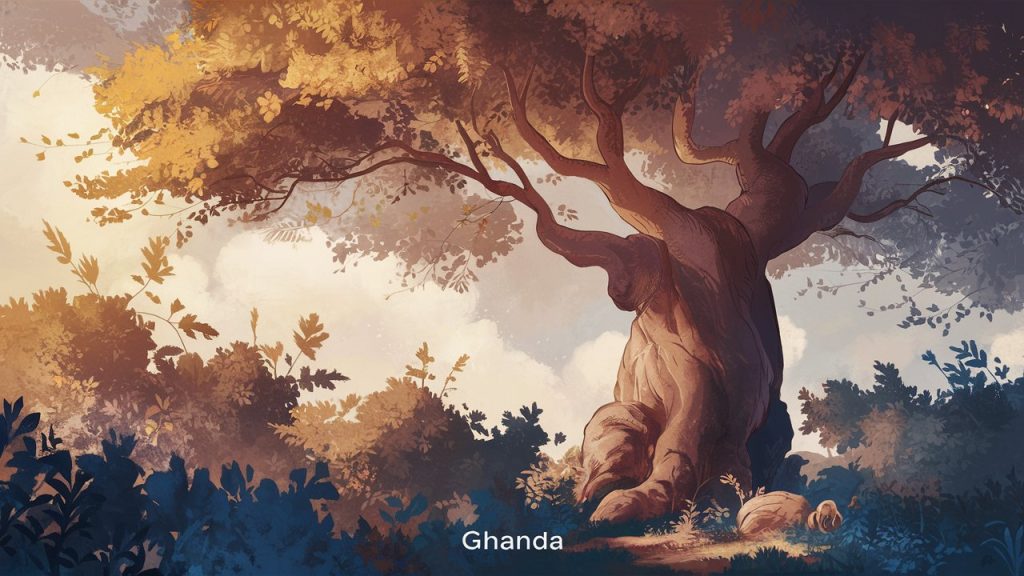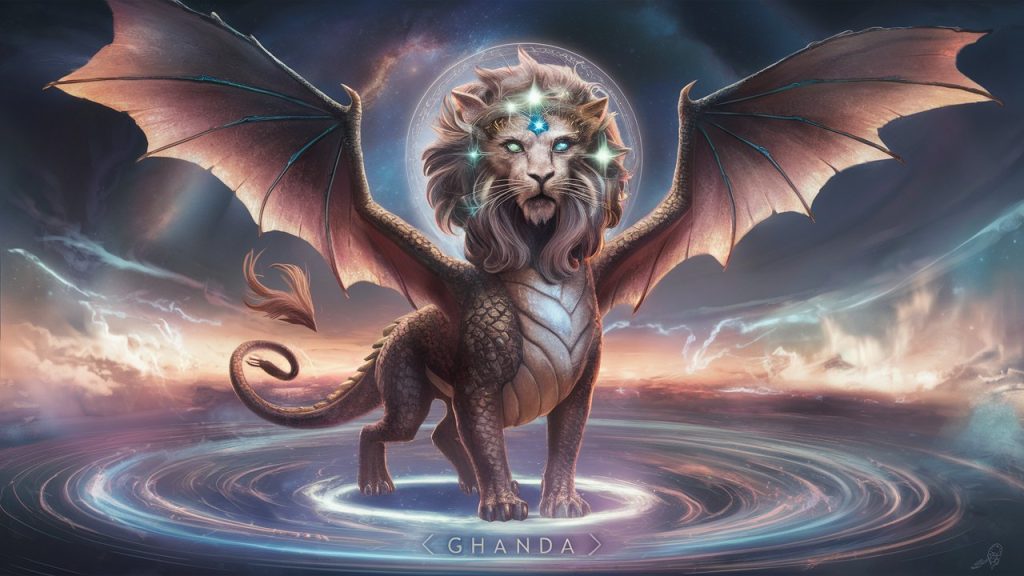Table of Contents
What is Ghanda?
Ghanda is a term that might sound unfamiliar to many, yet it holds significant importance in various cultural and practical contexts. Derived from ancient traditions, encompasses a broad spectrum of meanings and applications, from everyday household items to intricate artistic expressions.
Historical Background of Ghanda
The history of traces back to ancient civilizations where it played a crucial role in daily life and cultural practices. Understanding its historical background offers insights into its enduring relevance and the evolution of its usage over time.
Etymology of Ghanda
Origin of the Term
The term originates from ancient languages, symbolizing a concept deeply rooted in tradition and history. Its linguistic journey through various cultures reveals much about its significance and adaptation.
Cultural Significance

Ghanda is not just a word; it’s a cultural emblem that represents various values and practices. Its significance extends beyond its literal meaning, embodying traditions and heritage that have been passed down through generations.
Types of Ghanda
Traditional Ghanda
Traditional refers to the forms and applications that have been preserved over centuries. These traditional types often carry symbolic meanings and are crafted using time-honored methods.
Modern Variations
With the passage of time, has evolved, leading to modern variations that blend traditional craftsmanship with contemporary techniques. These modern forms cater to today’s needs while respecting their origins.
Uses of Ghanda in Daily Life
Household Applications
In households, serves a multitude of purposes. From utility items to decorative pieces, its presence is both functional and aesthetic, enhancing everyday living spaces.
Industrial Uses
Beyond the household, finds its place in various industrial applications. Its adaptability and efficiency make it a valuable resource in numerous sectors.
Ghanda in Art and Culture
Representation in Literature
Ghanda has inspired countless literary works, symbolizing themes of resilience, beauty, and tradition. Its representation in literature highlights its cultural depth and artistic influence.
Ghanda in Visual Arts
In visual arts, appears in various forms, from intricate designs to prominent motifs. Artists use to convey stories, traditions, and emotions, making it a staple in artistic expressions.
Ghanda in Different Cultures
Ghanda in Asian Cultures
In Asian cultures, holds a special place, often associated with rituals, festivals, and daily practices. Its usage reflects the values and traditions unique to these cultures.
Ghanda in Western Cultures
While less prevalent in Western cultures, has made its mark through art, literature, and modern adaptations. Its introduction to the West showcases the blend of cultural exchanges.
How to Make Ghanda
Traditional Methods
Creating traditional involves age-old techniques that require skill and patience. These methods preserve the authenticity and heritage associated with.
Modern Techniques
Modern techniques for making incorporate advanced tools and materials, allowing for innovation while maintaining the essence of tradition. This blend ensures the relevance of in contemporary times.
Benefits of Using Ghanda
Environmental Impact
Ghanda’s natural and sustainable aspects contribute positively to the environment. Its use promotes eco-friendly practices and reduces the reliance on harmful alternatives.
Economic Benefits
Economically, supports local artisans and industries, fostering economic growth and stability. Its production and sale create opportunities for livelihoods and community development.
Challenges and Criticisms
Sustainability Issues
Despite its benefits, faces challenges related to sustainability. Ensuring its production remains eco-friendly and resource-efficient is crucial for its continued use.
Ethical Concerns
Ethical concerns arise from the exploitation of resources and labor in the production of . Addressing these issues is vital to uphold the integrity and fairness of its use.
Future of Ghanda

Innovations and Trends
The future of lies in innovation and adaptation. Emerging trends focus on integrating technology and creativity to enhance its applications and appeal.
Potential Developments
Potential developments in include new materials, techniques, and uses that expand its reach and impact. These advancements promise a dynamic and vibrant future for.
Case Studies
Successful Implementations
Examining successful implementations of provides valuable insights into its practical applications and benefits. These case studies highlight the versatility and effectiveness of Cindy Butts.
Lessons Learned
Lessons learned from the use of help refine practices and address challenges, ensuring its sustainable and ethical application in various fields.
Frequently Asked Questions about Ghanda
Common Queries
- What materials are used to make ?
- How is different from similar items?
- Can be used in modern architecture?
- What are the cultural significances of in festivals?
- How can one ensure they are purchasing authentic ?
Expert Answers
- can be made from a variety of materials, including wood, metal, and natural fibers.
- often carries specific cultural and historical connotations that set it apart from similar items.
- Yes,can be integrated into modern architecture through innovative designs and materials.
- In festivals, symbolizes prosperity, heritage, and cultural values.
- Authentic can be identified by its craftsmanship, material quality, and adherence to traditional methods.
Conclusion
Summary of Key Points
Ghanda is a fascinating concept with rich historical roots and diverse applications. Its journey from ancient traditions to modern adaptations highlights its cultural significance and practical value.
Final Thoughts
Understanding opens a window into a world of tradition, art, and innovation. Its continued relevance depends on sustainable practices and ethical considerations, ensuring that remains a valuable part of our cultural and practical landscape.


